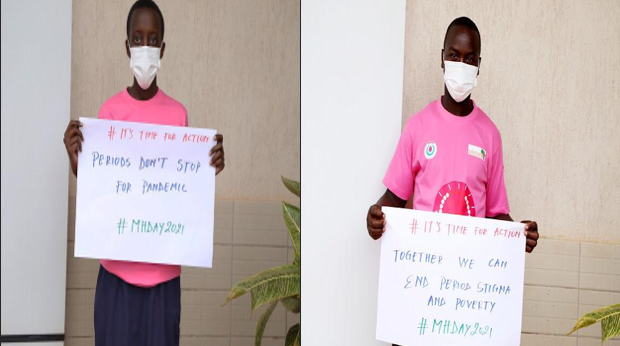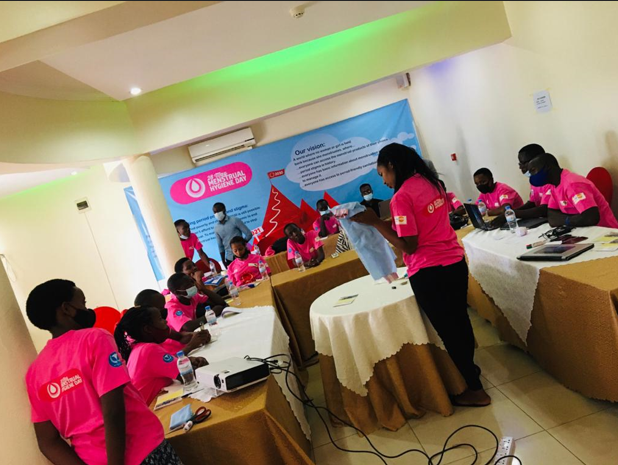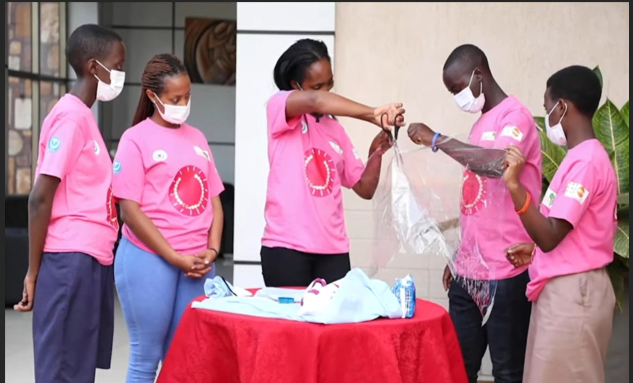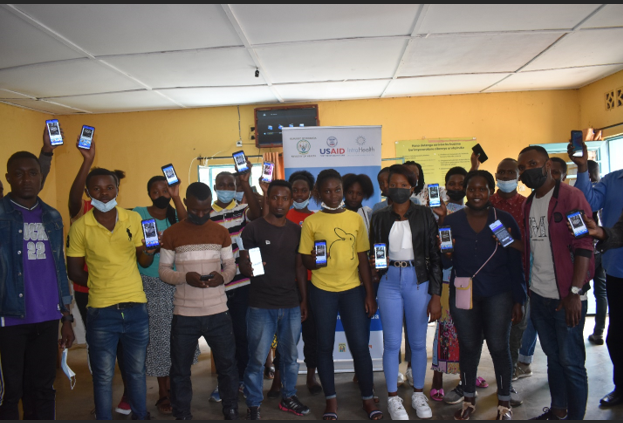
Boys and Girls pledge to fully engage in Menstrual Hygiene Management
Periods are a fact of life. It is not something we can change. Yet, there is a stigma attached to periods. On any given day, more than 300 million people are menstruating, despite menstrual hygiene remains a neglected component that affects the life course of many women and girls. Worldwide, it is estimated that currently; about 800milions women and girls globally face constraints in their needs to manage their menstruation well. In many parts of the world including Rwanda, periods can stop girls living normal lives. Girls still feel embarrassed or ashamed when on their periods, use improper subtitles as sanitary products, and even miss out on vital education because of them. While girls’ and women’s menstrual health and hygiene have been going unmet, the issue has become even worse due to Covid-19 pandemic consequences.
Evode Niyibizi, Program Manager, African Youth and Adolescents Network population (AfriYAN Rwanda) confirmed that the majority of menstruating girls are stigmatized by people around them.
He adds that the majority of women have no access to clean and safe sanitary products which has a long-lasting impact, especially on the school-going-girl children.
"Lack of facilities, stigma, and inappropriate sanitary products can push menstruating girls out of school," he says. "but through our aim, we hope to have a country in which no woman or girl is held back because she menstruates. For this to be a reality, we put forward the crucial role of men and boys, by educating them as we educate our sisters”.



